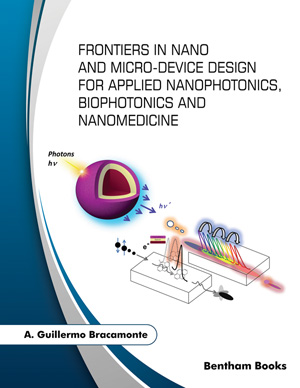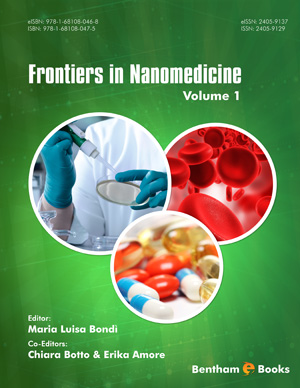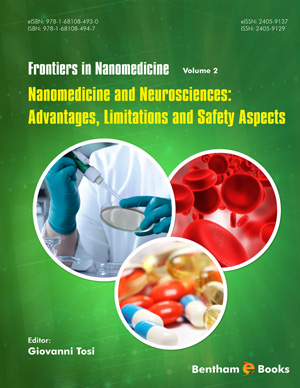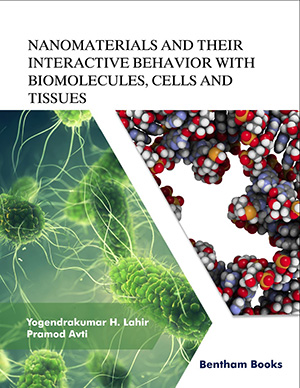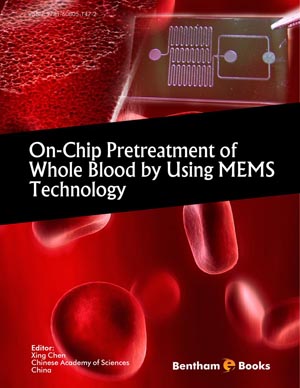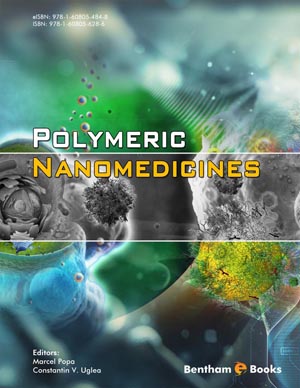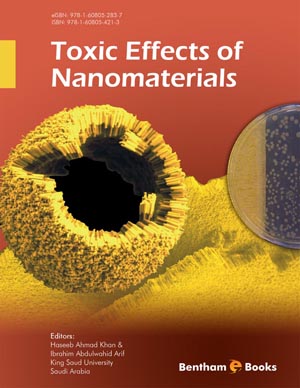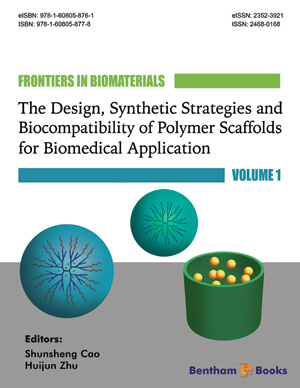Abstract
Plant-based foods contain flavonoids, belonging to the polyphenols class. The phytochemical and phyto-pharmacological sciences advancement has enabled composition elucidation and biological activities of various medicinal plant products. The efficacy of medicinal plants can be measured on the basis of bio-active constituents they comprise. Flavonoid is one of the classes among the bio-active constituents that are hydrophilic in nature. They have low bioavailability and efficacy due to low absorption, as they cannot cross cells lipid membrane due to larger molecular size. A variety of novel drug delivery systems have been developed for polyphenolic compounds to enhance the relative bioavailability. However, if novel drug delivery technology is applied, it may reduce the adverse effects and increase the efficacy of several herbs and their compounds. Herbal medicines were not encouraged for novel formulations development for a long time due to lack of scientific justification and processing difficulties, such as individual drug components identification, extraction and standardization in complex poly-herbal systems. However, advance phytopharmaceutical research can reduce the scientific thirst (e.g, pharmacokinetics determination, mechanism of action, the accurate dose required, site of action etc.) for herbal medicines to be incorporated in novel drug delivery systems, such as nanoparticles (NPs), liposomes, matrix systems, and micro-emulsions (-E) etc. by improving activity by reducing the side effects and required dose. Various drug delivery technologies have been summarized in this chapter which can be used for flavonoids loaded polymeric drug delivery systems.
Keywords: Bioactive Substances, Drug Delivery Systems, Flavonoids, Nanotechnology, Phyto-therapeutics.



